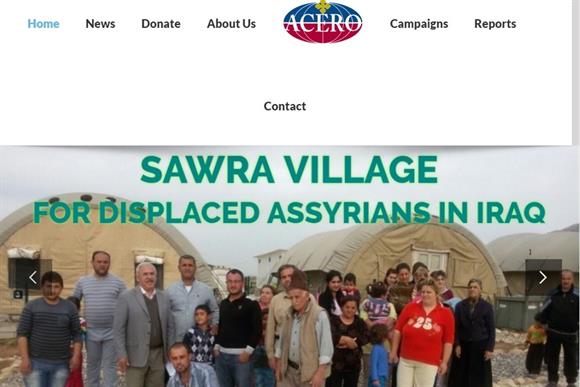Regulator probes charity alleged to have paid Islamic State to free hostages

A story in The Times alleged that the Assyrian Church of the East Relief Organisation paid a ransom to free 226 Christians taken hostage in 2015
A Christian charity is the subject of a terrorism funding investigation by the police and is being looked into by the Charity Commission amid allegations that the charity paid money to free hostages held by Islamic State. The allegations against the Assyrian Church of the East Relief Organisation relate to the freeing of 226 Christians who were taken hostage in Syria by Islamic State in February 2015. Ransoms were paid after fundraising efforts by the Bishop of Syria, Mar Afram Athneil, according to a story in The Times newspaper. The charity’s accounts for the year ending 31 July 2016 show that £147,689 was spent on “Iraq hostages”. The allegations are that the charity paid for the hostages’ release, but a statement from the bishop to The Times said the money had been used for humanitarian efforts for the hostages once they were released. The Metropolitan Police Service has opened an investigation into the charity to see if terrorist financing offences have been committed. The Charity Commission is also looking into the charity amid concerns about Acero’s governance, although the case is not a statutory inquiry.NatWest is understood to have frozen £500,000 in the charity’s bank account as a result of the police investigation. The Charity Commission’s website shows that the charity had an income of £521,050 in its most recently published accounts, for the year to 31 July 2017. The 2018 accounts are 45 days overdue. A spokeswoman for the Charity Commission said: “We can confirm that we are examining serious concerns about the governance of Assyrian Church of the East Relief Organisation and its activities overseas. “That case is ongoing, as is a police investigation related to the charity. In order not to prejudice either investigation, we cannot comment further at this time.” The charity did not respond to a request for comment before the publication of this story.
